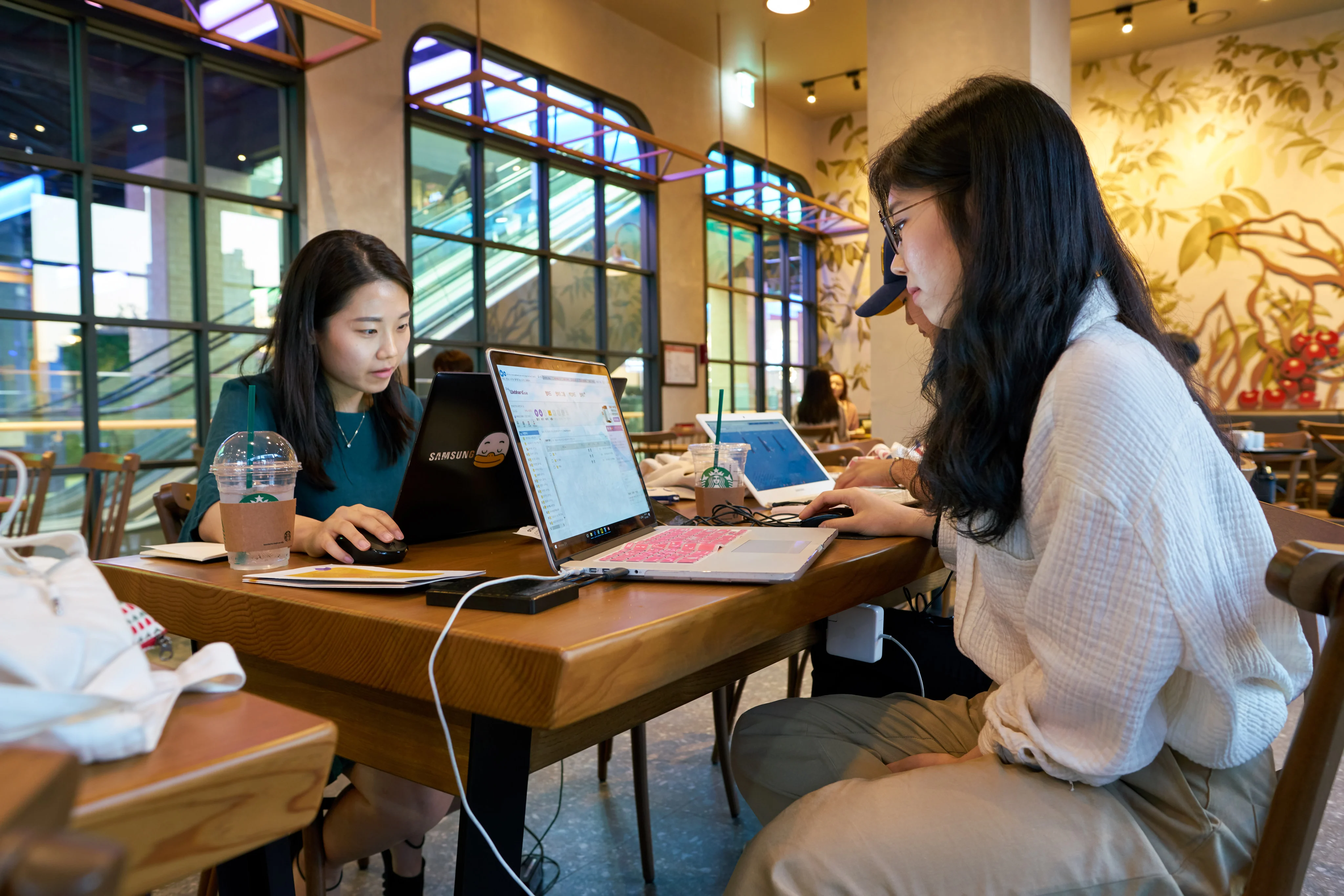By Charmaine Mok
Copyright scmp

Venner, a Nordic-style cafe in Sheung Wan, recently came under fire from guests angered by their “no laptops on weekends” policy, leading them to leave one-star reviews on Google.
“We completely understand how important laptops can be, but our policy is to keep weekends laptop-free so that everyone can slow down, enjoy their meals and disconnect a little,” the Venner team wrote in response. “It’s part of how we try to encourage a healthy work-life balance for both our guests and our team.”
To be clear, the cafe does not bar people from using their laptops on weekdays, when it is traditionally less busy. The policy, the owners say, is an extension of their philosophy that encourages guests to unwind and foster human connections, rather than mooching off an internet connection.
Co-owner Elin Fu, who was born and raised in Norway, explains that the idea of Venner was “to create a social cafe that carries the Nordic idea of slowing down and building connections”.
She explains that in a hustle culture city like Hong Kong, it felt important to encourage a healthier work-life balance. “So this ‘policy – which I really hesitate to even call it – is more of a reminder for myself and others to notice your coffee, your cinnamon bun, the atmosphere around you, and maybe even engage with the person across from you instead of only your screen, especially on weekends and days off,” she says.
For those who work remotely on occasion, cafes are fantastic “third spaces” – the term used to describe somewhere outside the home and the workplace – that can offer respite from the office or a less-than-ideal home environment in which to work, and good coffee is the icing on the cake.
But I do agree that seeing a cafe filled with glum digital nomads staring at their laptop screens while nursing the dregs of a single cup of coffee for hours on end is quite possibly one of the most miserable things a cafe owner can experience.
“Some people say I am just doing it for table turnover, but if that were the case, I would simply introduce dining time limits like other places,” Fu says. “The truth is, it is not enjoyable to sit in a cafe where every table is covered with laptops. Even if you are not working, it can make you feel like you should be.”
From a guest’s point of view, it is certainly irritating as well. Recently, I was taking some visiting family members around town and wanted to start with a catch-up over coffee at Hara Kako, one of my favourite cosy cafes in Sheung Wan.
They are one of the few cafes in the area that have a generous upstairs space that feels like someone’s home, with a large communal dining table set up, vinyl records and a nook featuring a slouchy sofa, some armchairs and a few soft floor cushions around a large coffee table.
We arrived upstairs and found the entire dining table filled with single diners staring into their laptops, the space eerily quiet despite it being a weekend.
Of course, there was no place to sit and, even more annoyingly, half of those seated appeared to be long finished with their drinks. With the staff busy making coffee orders downstairs, there seemed to be little incentive for anyone to relinquish their seats.
Fortunately, we eventually managed to find a spot on the floor and enjoyed our coffee chat, but this experience made me more empathetic to the Venner team and any independent business trying to balance making money with staying true to their values.
Some critics have argued that instead of banning laptops outright, they should create a policy where there is a time limit or a minimum charge.
I can only imagine that these people enjoy working so much that they would rather be treated like cogs in a capitalist society than feel like a valued guest in a welcoming space.



